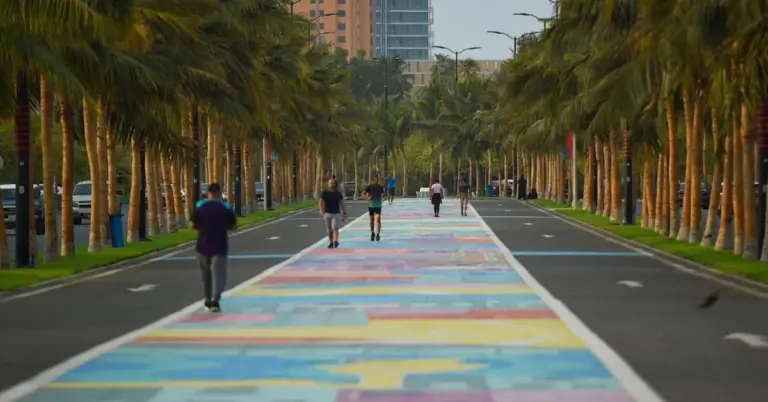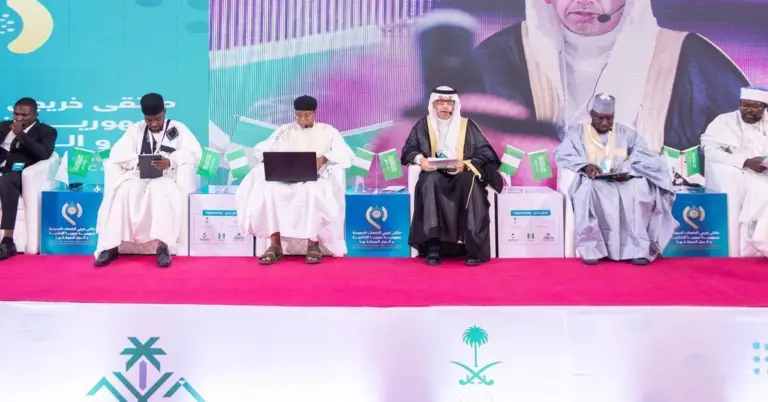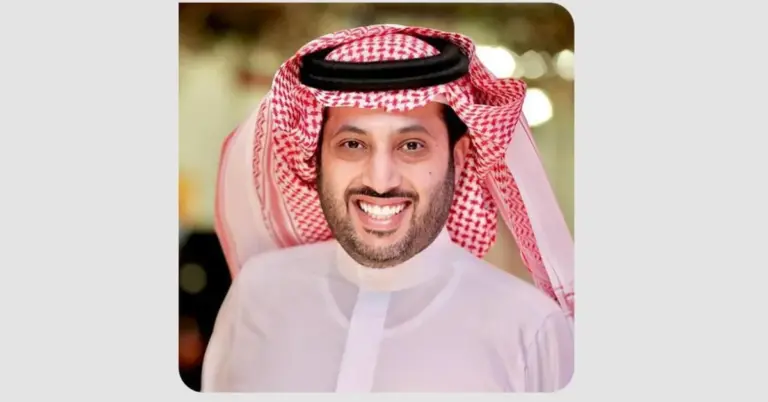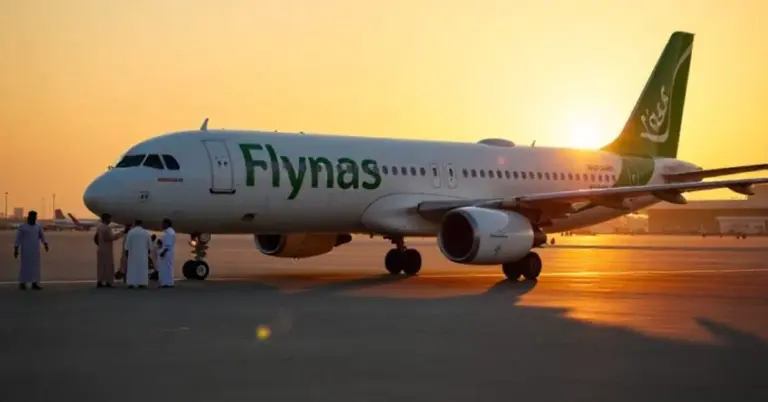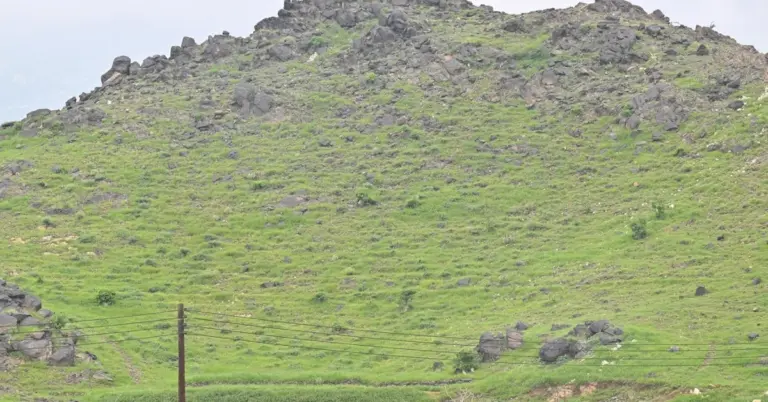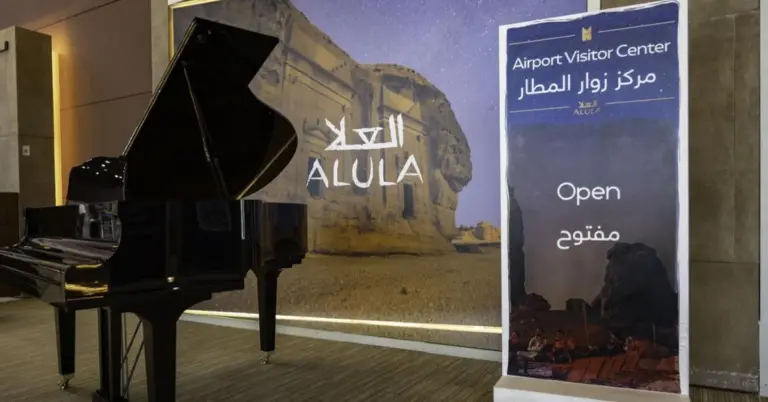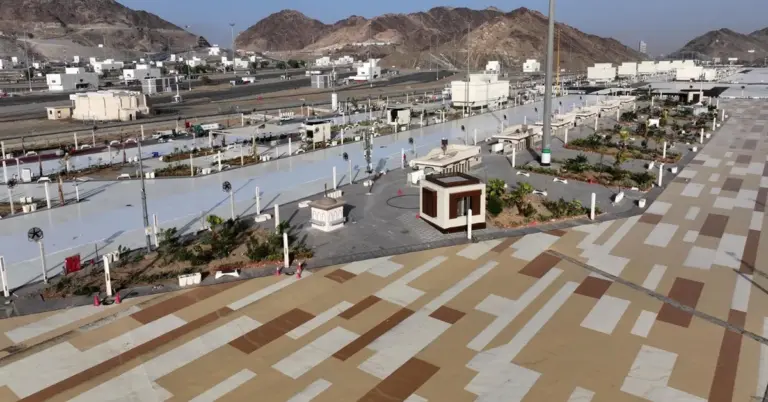**Título:** Saudi Cabinet Approves Key Global Agreements
**Intro:** King Salman led a pivotal Cabinet session in Jeddah, greenlighting international partnerships in energy, agriculture, and anti-corruption while addressing regional crises in Sudan and Niger. Reforms to boost non-oil economic growth and condemn Quran desecrations in Europe were also prioritized.
**Factbox (50w):**
– Signed MoUs with Egypt (renewables), Bulgaria (energy), China (anti-corruption), Poland/Tajikistan/Mozambique (agriculture).
– Condemned Niger coup, Quran burnings; backed OIC initiatives.
– Highlighted non-oil sector growth, new board appointments.
– Joined Space for Climate Observatory, approved transport regulations.
**Cabinet Session Led by King Salman in Jeddah Focuses on Regional Stability, International Cooperation, and Economic Growth**
*Jeddah, August 1, 2023*
Under the leadership of King Salman bin Abdulaziz Al Saud, Custodian of the Two Holy Mosques, the Saudi Cabinet convened at Al-Salam Palace in Jeddah to address critical national and international issues. The session highlighted the Kingdom’s efforts to bolster regional stability, enhance global partnerships, and advance economic reforms.
—
### **Regional and International Developments**
The Cabinet reviewed Saudi Arabia’s diplomatic engagements with multiple nations, emphasizing the importance of dialogue to strengthen bilateral and multilateral cooperation. Key regional concerns included:
– **Sudan and Niger**: The Kingdom reiterated its call for de-escalation in Sudan and condemned the coup in Niger, advocating for the restoration of President Mohamed Bazoum’s elected government.
– **OIC Meeting Outcomes**: Saudi Arabia and Iraq co-chaired an urgent Organization of Islamic Cooperation (OIC) session addressing Quran burnings in Sweden and Denmark. The Cabinet stressed the need for international measures to promote mutual respect and counter hate-driven actions.
—
### **Economic Reforms and Growth Projections**
The Cabinet expressed optimism about the Kingdom’s economic trajectory, citing positive evaluations from global institutions. Key highlights included:
– **Non-Oil Sector Expansion**: Investments in non-oil projects are expected to drive sustained economic growth in 2024.
– **Financial Reforms**: Ongoing reforms aim to enhance fiscal sustainability and strengthen the Kingdom’s financial position.
—
### **Strategic International Agreements**
Several memorandums of understanding (MoUs) were approved to deepen Saudi Arabia’s global partnerships:
1. **Energy and Renewables**:
– *Egypt*: Collaboration on electricity, renewable energy, and clean hydrogen.
– *Bulgaria*: Proposed MoU to explore energy sector cooperation.
2. **Sports and Agriculture**:
– *Bahrain*: Draft MoU to enhance sports collaboration.
– *Poland and Tajikistan*: Agricultural partnerships to advance food security and rural development.
– *Mozambique*: MoU focused on agricultural and rural development initiatives.
3. **Anti-Corruption and Security**:
– *China*: Joint efforts to combat corruption through an MoU with China’s National Supervisory Commission.
– *Japan*: Draft cooperation agreement to exchange financial intelligence on money laundering and terrorism financing.
4. **Intellectual Property and Space**:
– *UK*: MoU to protect intellectual property rights.
– *Space for Climate Observatory (SCO)*: Saudi Arabia initiated steps to join the SCO Charter, aligning with climate and space exploration goals.
—
### **Key Appointments and Organizational Updates**
The Cabinet announced several leadership changes to drive strategic governance:
– **Industrial Cities Authority**: Rami Al-Turki and Khaled Al-Khattaf appointed to the Board of Directors, leveraging private-sector expertise.
– **Saudi Post**: Mohammed Al-Shatawi joined the Board, while Jamil Al-Melhem and Eng. Yousef Al-Yousifi’s memberships were renewed.
– **Madinah Peace Museum**: Supervision transferred to the Ministry of Culture.
– **Transportation Regulations**: Approval of the 13th draft regulation outlining user rights and obligations for transport services.
—
### **Conclusion**
The Cabinet’s resolutions underscore Saudi Arabia’s commitment to regional stability, international collaboration, and economic diversification under Vision 2030. By fostering strategic partnerships and implementing structural reforms, the Kingdom continues to solidify its role as a global leader in diplomacy, innovation, and sustainable development.
*Source: Saudi Press Agency (SPA)*
**FAQs: Saudi Cabinet Session & International Agreements – August 2023**
1. **Why did King Salman chair the Cabinet session at Al-Salam Palace in Jeddah?**
King Salman presided to oversee critical national and international agendas, emphasizing Saudi leadership in addressing regional stability, economic reforms, and global partnerships.
2. **What is Saudi Arabia’s stance on the political crises in Sudan and Niger?**
Saudi Arabia condemned military escalation in Sudan and rejected the coup in Niger, urging dialogue to prioritize national interests and restore stability.
3. **How did the Cabinet respond to Quran burnings in Sweden and Denmark?**
The Cabinet endorsed OIC-led efforts to halt such acts, stressing international dialogue to counter hate speech while reaffirming respect for religious sanctities.
4. **What economic reforms were highlighted, and how will they boost growth?**
Reforms aim to diversify the economy, enhance non-oil investments, and improve fiscal sustainability, with international bodies forecasting robust 2024 growth.
5. **What does the Saudi-Egypt MOU on electricity and clean hydrogen entail?**
It focuses on joint projects in renewable energy, grid connectivity, and clean hydrogen production to advance both nations’ sustainability goals.
6. **What are the objectives of Saudi-Bulgaria energy cooperation talks?**
Discussions aim to draft an MOU for collaboration in oil, gas, renewables, and technology to strengthen bilateral energy security and innovation.
7. **How will the Saudi-Bahrain sports MOU enhance bilateral ties?**
The agreement seeks joint training programs, events, and knowledge-sharing to elevate sports industries and youth engagement in both kingdoms.
8. **What agricultural partnerships are planned with Poland and Tajikistan?**
MOUs with Poland and Tajikistan will advance crop research, water management, and technology exchange to boost agricultural productivity and sustainability.
9. **What does the Saudi-Mozambique MOU target in agricultural development?**
It prioritizes rural infrastructure, agri-tech transfer, and food security initiatives to support Mozambique’s farming sector and economic resilience.
10. **What role will the Saudi-Bulgaria Joint Committee fulfill?**
The committee will implement the General Cooperation Agreement, overseeing projects in trade, energy, and culture to deepen bilateral relations.
11. **How does the Saudi-UK intellectual property MOU combat piracy?**
It establishes frameworks for patent protection, anti-counterfeiting measures, and innovation incentives to safeguard creators and businesses.
12. **What is the focus of the Saudi-China anti-corruption agreement?**
The MOU enhances intelligence-sharing, legal cooperation, and asset recovery mechanisms to combat transnational corruption networks.
13. **How will Saudi-Japan cooperate on financial crime investigations?**
The partnership facilitates real-time data exchange on suspicious transactions to disrupt money laundering and terrorism financing networks.
14. **Why is Saudi Arabia joining the Space for Climate Observatory (SCO)?**
Membership aligns with Saudi’s climate goals, leveraging satellite data to monitor environmental changes and support global climate resilience strategies.
15. **What does the Saudi-China media MOU aim to achieve?**
It promotes content exchange, joint productions, and technology collaboration to strengthen cultural ties and media innovation between both nations.
**📢 CTA (Llamado a la Acción):**
¿Quieres estar al tanto de las últimas decisiones estratégicas de Arabia Saudita y su impacto global? ¡Sigue nuestras actualizaciones para más análisis exclusivos sobre política internacional, cooperación económica y avances en sectores clave como energía renovable, tecnología y cultura! Suscríbete a nuestro boletín y comparte este artículo para mantener informada a tu red.
—
**🔍 Conclusión:**
La sesión del Consejo de Ministros presidida por el Rey Salman en Yeda refleja el dinamismo de Arabia Saudita en el escenario global. Desde la promoción de la estabilidad en África hasta acuerdos pioneros en energía limpia, deportes y agricultura, el Reino consolida su posición como actor clave en la diplomacia y el desarrollo económico. La aprobación de memorandos con países como Bulgaria, Polonia, China y Mozambique subraya su compromiso con la cooperación multisectorial, mientras que las reformas internas y nombramientos estratégicos refuerzan su visión hacia la sostenibilidad y la innovación. Cada decisión refuerza el camino hacia los objetivos de Visión 2030.
—
**🙏 Agradecimiento:**
Gracias por leernos. En un mundo de cambios acelerados, nuestro compromiso es ofrecerte información precisa y análisis profundos sobre los acontecimientos que moldean el futuro. ¡No olvides dejar tus comentarios y compartir tus perspectivas sobre estas iniciativas sauditas! Juntos, construimos un diálogo informado. 🌍✨
—
*¿Te gustaría profundizar en algún tema mencionado? ¡Déjanos saber en los comentarios!*

